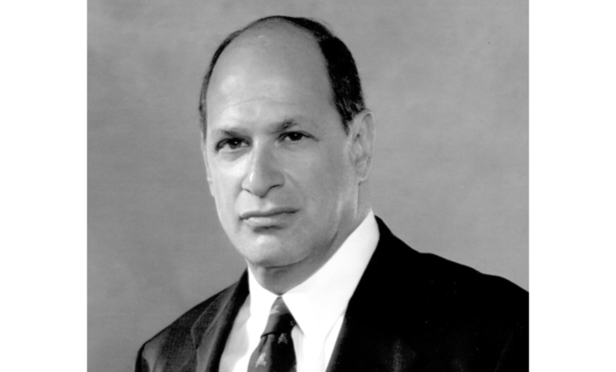Which quarterback hasn’t second-guessed his decision to throw a game-altering interception, when he could have simply grounded the ball or fallen on it instead? Indeed, which thinking person hasn’t rethought (and even derided), time and time again, important life choices, or even less momentous decisions? It’s the very nature of life. Lawyers are people, and they do it too—the great ones, maybe more so.
But what about judges? We seem to think that once a judge puts pen to paper and finally decides a case or issues an order, the decision is final in his own mind—there is no reverie; no compunction; no troubling self-doubt. But, it seems, it isn’t always like that. Judges, too, inwardly question themselves—sometimes the short-shrift, the shortsightedness, the personal bias, or even that maybe they missed something important when they decided a case or made a pivotal ruling.1



